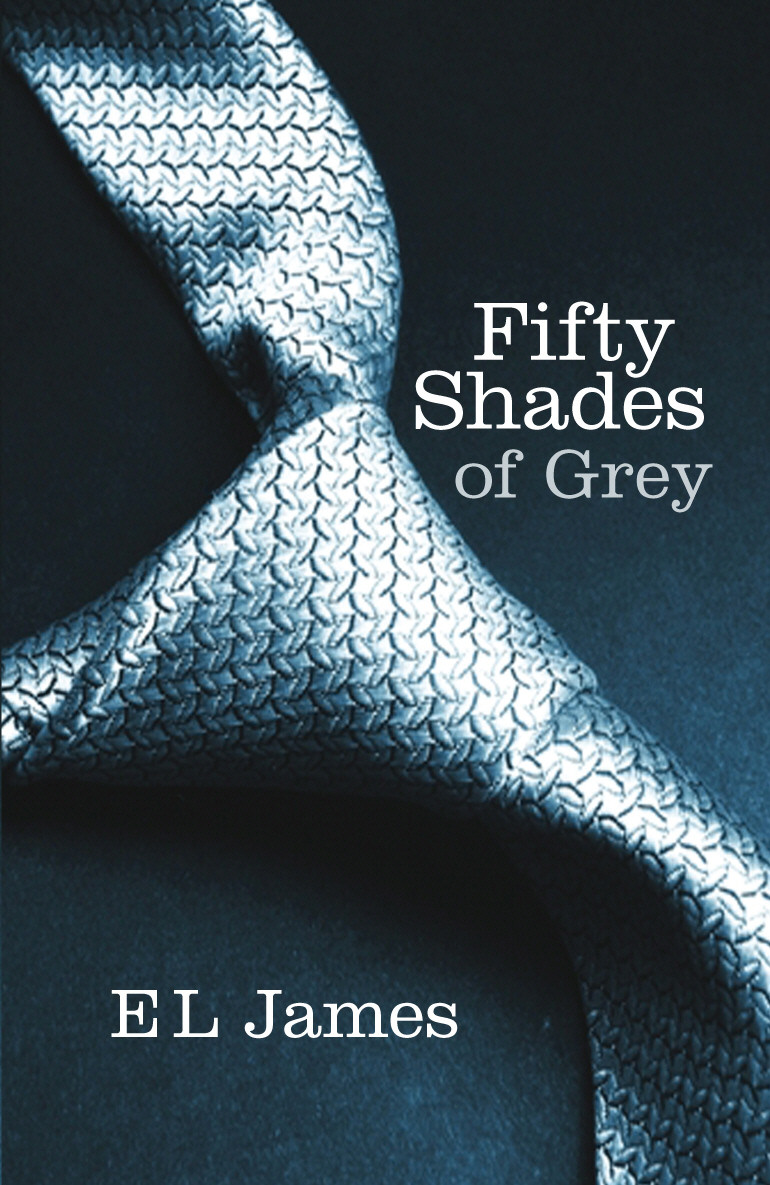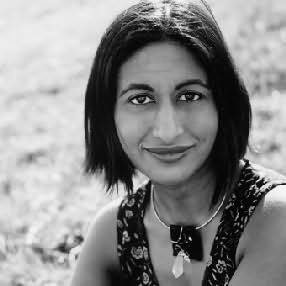As a qualified accountant you came into writing later in life. Tell us more about how and why you decided to become a writer?
My journey from accountant to writer began back in the autumn of 2013. I was thirty-nine at the time, hurtling towards forty and I had the hope that maybe there might be more to life than accounting.
I’d always wanted to write a book but never had the confidence. Then one morning I saw an interview with Lee Child where he talked about how, at the age of forty, he started writing, and I thought why not? I’d never read any of his books till then, but I went out that day and bought a copy of his first book, Killing Floor, and devoured it within forty-eight hours. I was amazed at how simply written and well plotted it was. I’d recently had an idea for a story centered on a British detective who travels to India after the First World War, and reading Killing Floor gave me the motivation to put pen to paper.
Nevertheless, I’d have probably given up after about ten thousand words if it weren’t for a piece of good fortune. I’d been doing some research online and came across details of the Telegraph-Harvill Secker Crime Writing Competition, looking for new and unpublished crime writers. The entry requirements were simple: the first five thousand words of a novel, together with a two-page synopsis of the rest of the book. There was only one stipulation – that the entry contained some international element. I tidied up the first chapter, wrote the synopsis and sent them away.
Having never submitted anything before, I didn’t expect to win, so it was a complete surprise when, a few months later, I was contacted by Alison Hennessey, the organizer of the competition, and told that my book was going to be published. The problem was at that point I didn’t have a book, just half a first draft of fifty thousand words that didn’t always fit together. Thankfully Alison and the whole team at Harvill Secker took me under their wing and helped me turn those fifty thousand words into a fully-fledged novel.
When do you find the time to write?
To be honest, it’s not easy finding the time. I still work full time and have a wife and two young children, which means writing has to take a back seat to work pressures and family time. Luckily, my wife, Sonal, is very understanding, and helps me to make the time. Generally I end up writing at weekends or late at night, though I tend to be thinking of plots and stories almost all of the time.
What impact did winning the Telegraph Harvill Secker crime writing competition have on your writing?
It had a huge impact. I was a complete novice to the world of writing. All of a sudden I had a book deal and more importantly an editor, an agent and a whole team of people at Harvill Secker guiding me. To be honest, what with the pressures of work and family life, I’m not sure I would have had the confidence or the determination to keep writing without the support that came with winning the competition.
A Rising Man is your debut novel, tell us a little about the inspiration behind the story?
The story follows Sam Wyndham, an English detective who comes to Calcutta after the Great War in search of a new start. He’s immediately thrown into his first case, the murder of a British burra sahib who’s been found with his throat cut in an alley. Sam, aided by his Indian assistant Sergeant Banerjee, investigate and soon find that things are a bit more complicated than they expect.
Really though, the book is about the different cultures in India during the period and the impact of colonialism on both the rulers and the ruled. In particular I wanted to understand what happens when a democratic nation subjugates another, both in terms of the impact on the subjugated peoples, but just as importantly, on the psyche of the people doing the oppressing. I think the moral and psychological pressures placed on those tasked with administering the colonial system were immense and it’s something that’s been relatively unexamined.
I’ve always been interested in the period of British Rule in India. I think that period in history has contributed so much to modern India and to modern Britain, but it’s a period that’s been largely forgotten or mischaracterized, either romanticized or brushed under the carpet.
I’ve always been rather surprised by this and wanted to look at it from the point of view of an outsider who’s new to it all. One of the things that has always fascinated me is that, in an era when totalitarian regimes were rampant in Europe, regularly murdering anyone who showed any dissent, in India, this largely peaceful freedom struggle was playing out between Indians and their British overlords. At the time, there was no parallel to this anywhere in the world, and I think it says a lot about the people of both nations, that such a struggle could be played out in a comparatively civilised way.
We’re in 1920’s Calcutta. What research did you do around the period to ensure historical accuracy? Were there instances where you were happy to forego these in favour of fiction?
Historical accuracy was very important to me in terms of the sort of messages I wanted to get across, and that meant quite a lot of research.
My parents are both from Calcutta so there was a lot of asking of questions of old family members and friends. I also made a few trips to the city and that helped me get a sense of the place. During one visit, I was lucky enough to be given access to the Calcutta Police Museum where a lot of the police documents from the period are on exhibit. That was fascinating, as the Kolkata Police today has a rather ambivalent view of its own history during that time.
At the same time though, a lot of research was done sitting at home and trawling the internet. It’s amazing what you can find out these days by just Googling!
There was however one particular area where I had to forego historical accuracy. The novel is set during the week of the Jallianwalah Bagh massacre and in reality, the news of the massacre was suppressed and took several weeks to filter through to Calcutta and other Indian cities. For the purposes of the plot, I couldn’t wait for that to happen so I altered things so that news of the atrocity reaches Bengal the morning after.
Your main character is an English detective in Calcutta. I was grateful for the humour this allowed for. Was it important for you to include lighter moments in a crime novel?
I think so. My main character, Sam, has just survived the Great War. He’s been traumatised by it and by the loss of his wife. He’s come to India and he sees that many of the things that he thought he was fighting for such as liberty and self determination are actively withheld from Indians. His way of dealing with the hypocrisy and absurdity of it all is to employ a rather wry, gallows humour.
As I read I felt like I was transported to a different place and time but I also loved the explanations which helped to guide me. Who do you write for? Is it the generation that have grown up without really knowing their ‘homeland’ or is it another audience entirely?
That’s a very good question. On one level, I’m writing for anyone who likes a good crime thriller, but on another, I’m writing to highlight aspects of our history that have been forgotten or mischaracterized. To that end I’m writing for everyone who is interested in that shared history between Britain and India. Of course, first and foremost that includes British-Asians like myself, but also, I’d hope it would be interesting to white British people and people further afield.
You’ve mentioned before that you have a love and fascination for Calcultta. What is it about Calcutta that inspires you to set your work there?
In the period that the book is set, Calcutta was still the premier city in Asia and was as glamorous and exotic a location as anywhere in the world. At the same time, it was a city undergoing immense change and was the centre of the freedom movement, a hotbed of agitation against British rule. It seemed the natural choice for the series I wanted to write.
How did you find the publishing journey and working with an editor to revise your manuscript?
I found the publishing journey to be a fascinating experience. I’d never really written fiction before so the whole thing was a very steep learning curve. Fortunately my editor was fantastic, and guided me through the whole process, from first draft to final, published book. It was a process that lasted about two years, but from day one, I took the decision that I would follow all the advice I received, whether I agreed with it or not, simply because I was new to the whole thing and my editor was one of the best in the business. It’s was definitely the correct decision and as the process went on and I learned more, I found myself agreeing with pretty much everything she’d suggested.
Will Captain Sam Wyndham be returning for another installment and if so, how far along are you with writing the next book?
Most definitely! Part of my objective has always been to look at the whole period between 1919 and Indian independence through the eyes of Sam and his Indian assistant Sergeant Banerjee. I’m hard at work on book two, which is partly set in one of the Indian princely states and this should be out next May.

